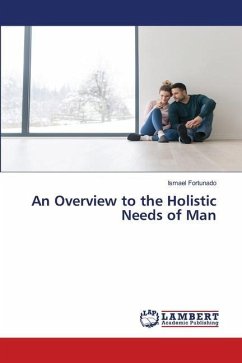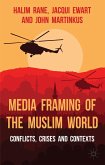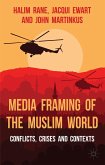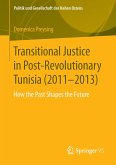Despite the introduction and spread of modern medicine, people's attachment to traditherapy remains as strong as ever. Tunisia seems to be no exception to this rule, with traditherapy as a solution to physical and mental health problems deeply rooted in its culture. One of its main practices is 'Roqya'.The aim of the present study was to describe the socio-demographic and clinical profile of the population using 'Râqy' traditherapy, to determine the factors that may influence this type of practice and their potential impact on the population.This was a descriptive and analytical cross-sectional study, spread over two months (November-December 2020), covering the Tunisian population, using standardized data collection tools: GAD-7, PHQ-9. The results of this study show that the use of traditherapy remains a topical issue. This attachment to traditional "medicine" demonstrates the importance of socio-cultural beliefs in many populations.
Hinweis: Dieser Artikel kann nur an eine deutsche Lieferadresse ausgeliefert werden.
Hinweis: Dieser Artikel kann nur an eine deutsche Lieferadresse ausgeliefert werden.








